UW researchers have developed a novel method of synthesizing metal-organic frameworks that is fast, cheap, and sustainable.
A new framework for manufacturing next-gen materials
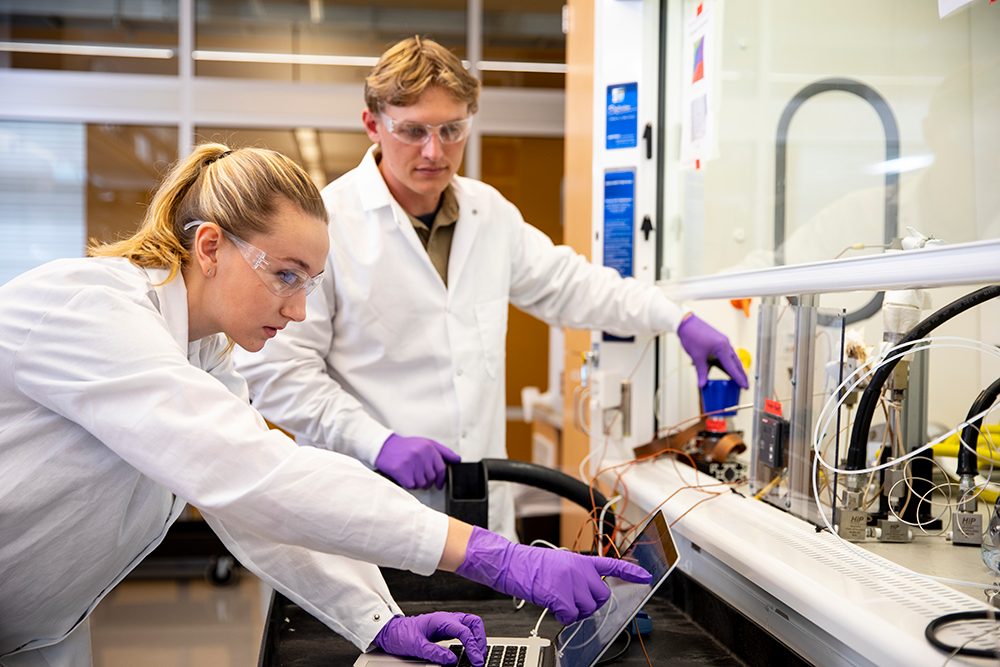
A broad field with immediate opportunities for translational research, with specific emphasis on large-scale nanosystems for developing low-cost, high-volume nanomanufacturing solutions and bio-3D-printing for cell, tissue, and scaffold printing.

UW researchers have developed a novel method of synthesizing metal-organic frameworks that is fast, cheap, and sustainable.
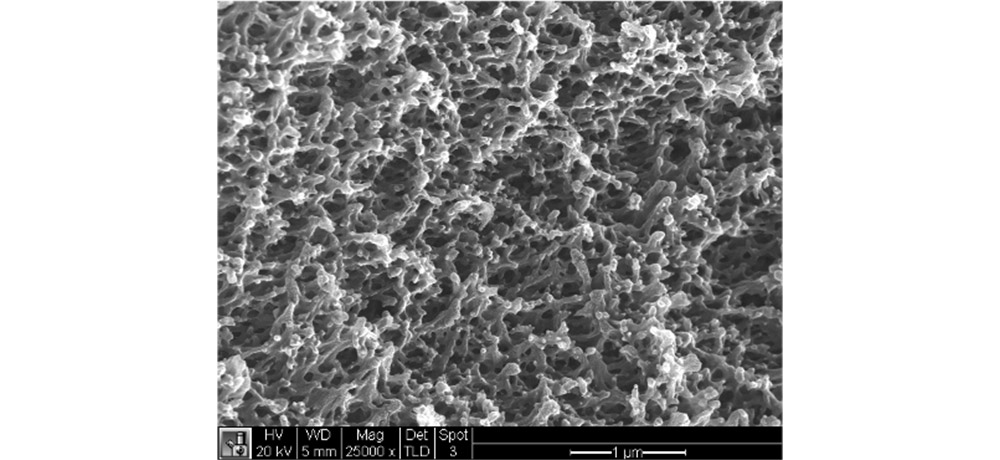
Bubbles for toughness? ME and A&A researchers, including NanoES faculty member Lucas Meza, are collaborating to investigate and advance nanofoams, a new tiny but mighty material.
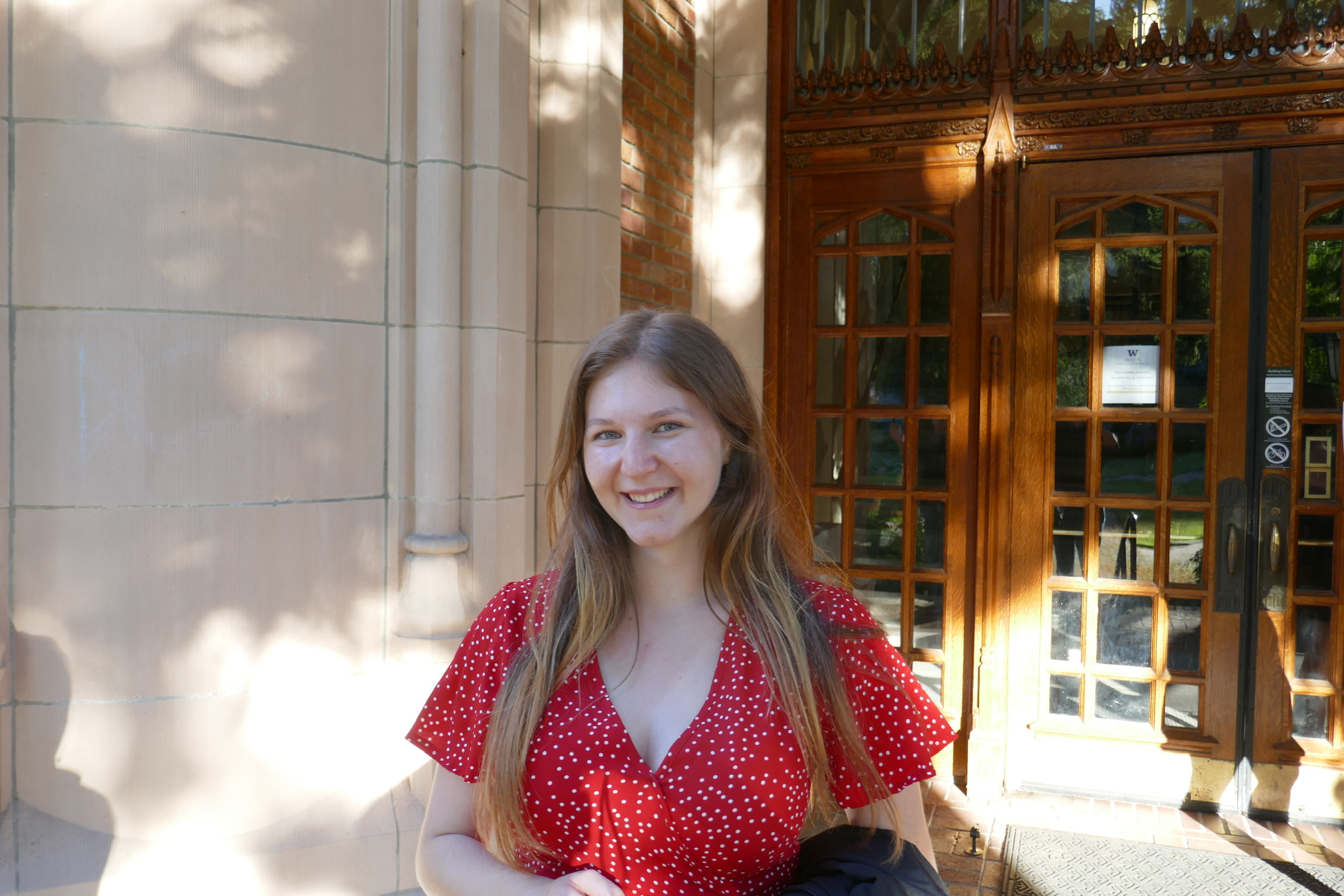
Ana Constantin joins Facebook after three years of undergraduate and professional experience at the Washington Nanofabrication Facility.
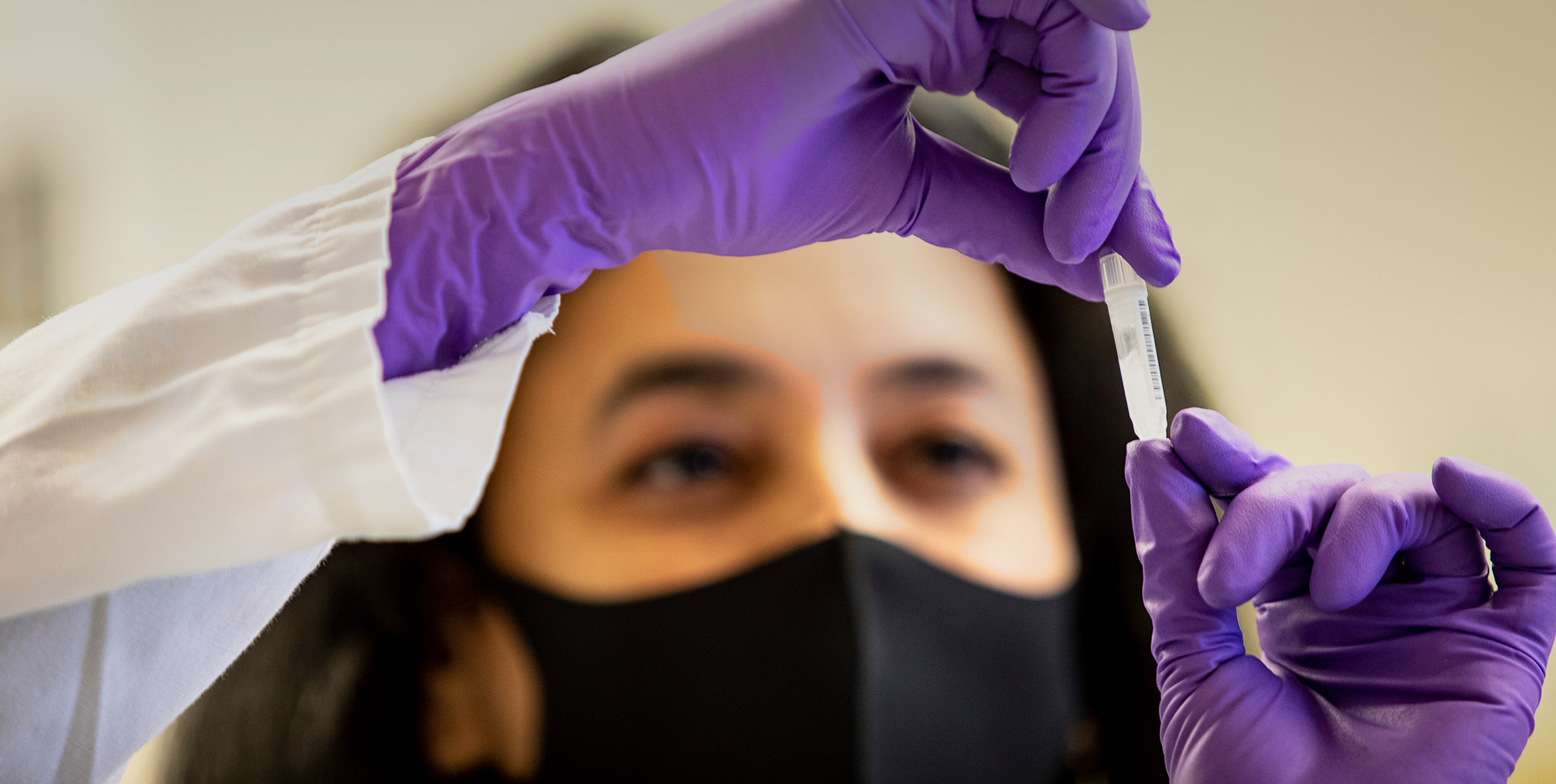
UW Bioengineering faculty pivot diagnostics research to support the need for COVID-19 testing. The Lutz and Yager labs have developed prototypes that deliver results in less than 30 minutes, and the groups have also assembled 35,000 tests for the Seattle Coronavirus Assessment Network at the NanoES building.
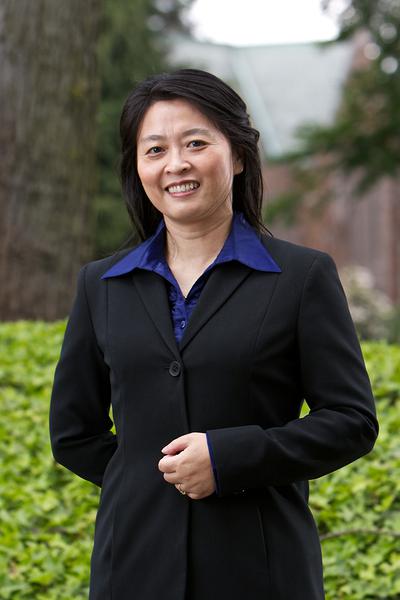
Earlier this year, UW scientists announced a nanoparticle-based drug delivery system that can ferry a potent anti-cancer drug through the bloodstream safely. The nanoparticle is derived from chitin, a natural and organic polymer that makes up the outer shells of shrimp.
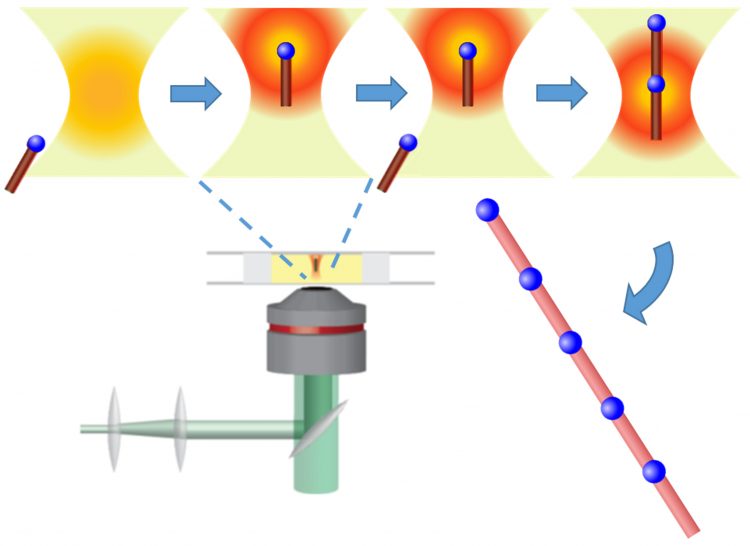
A team led by NanoES faculty member Peter Pauzauskie, a professor of materials science and engineering, has developed a method that could make reproducible manufacturing at the nanoscale possible. The team adapted a light-based technology employed widely in biology — known as optical traps or optical tweezers — to operate in a water-free liquid environment of carbon-rich organic solvents, thereby enabling new potential applications.
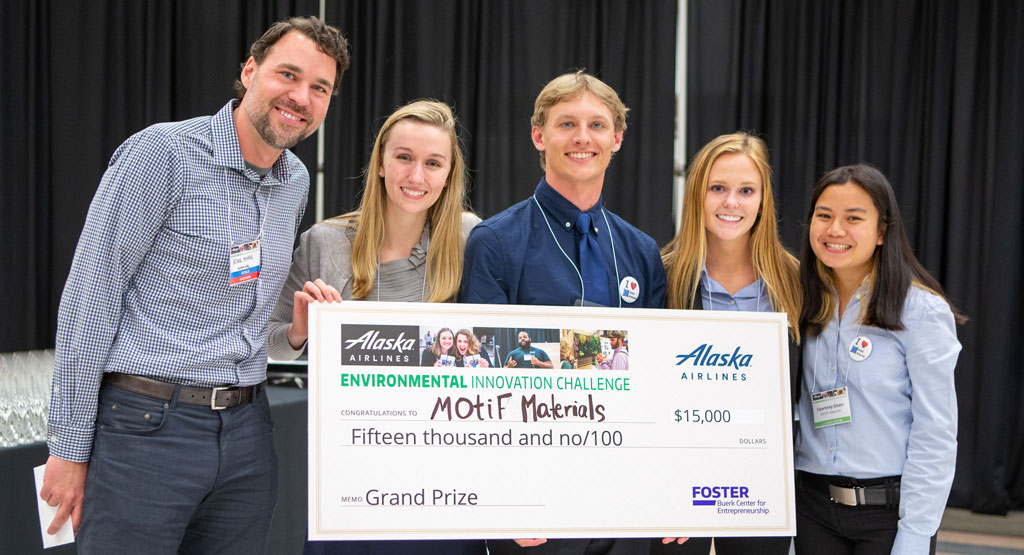
The MOtiF Materials team led by Elizabeth Rasmussen, a PhD student in the lab of NanoES faculty member Igor Novosselov, won the $15,000 grand prize at the 2019 Alaska Airlines Environmental Innovation Challenge (EIC), an the event hosted by the UW Foster School’s Buerk Center for Entrepreneurship. The team of mechanical engineering students aim to solve a battery manufacturing problem that “doesn’t involve killing our planet with toxic waste.”